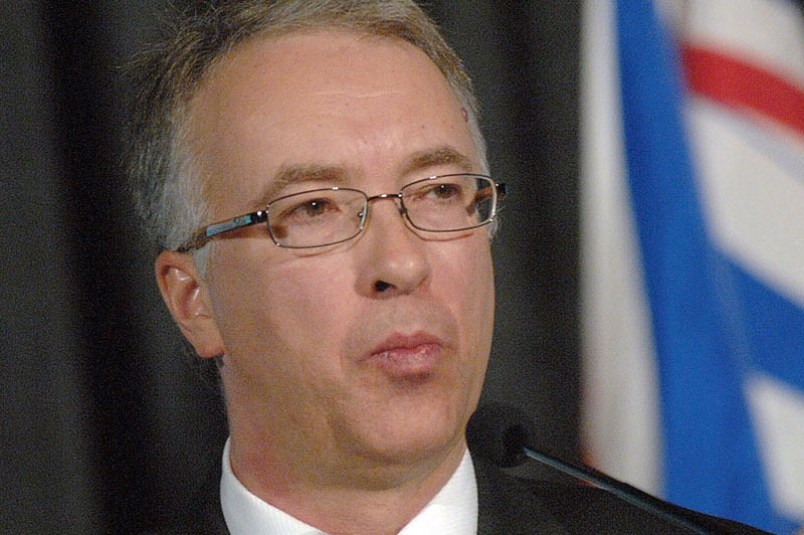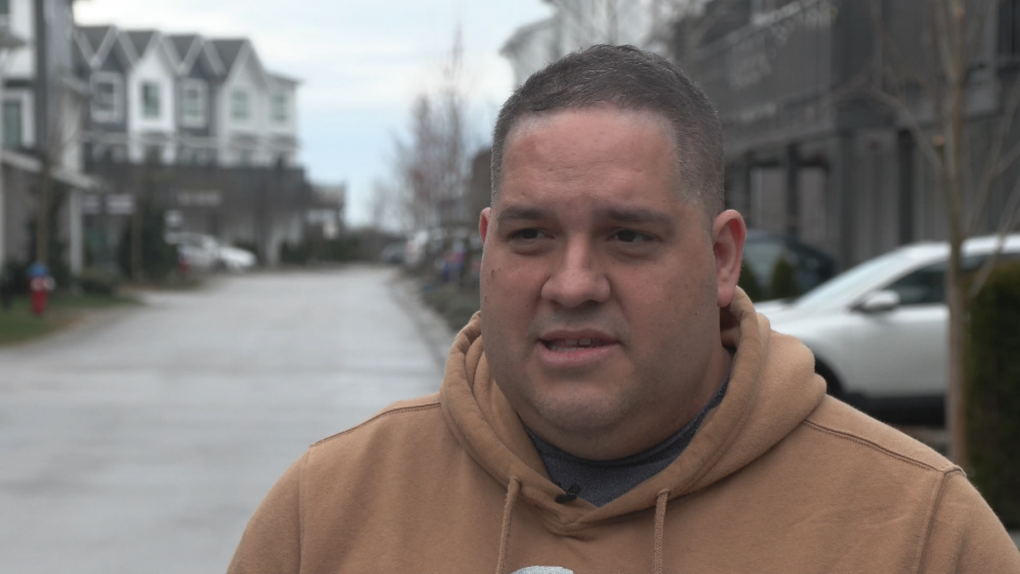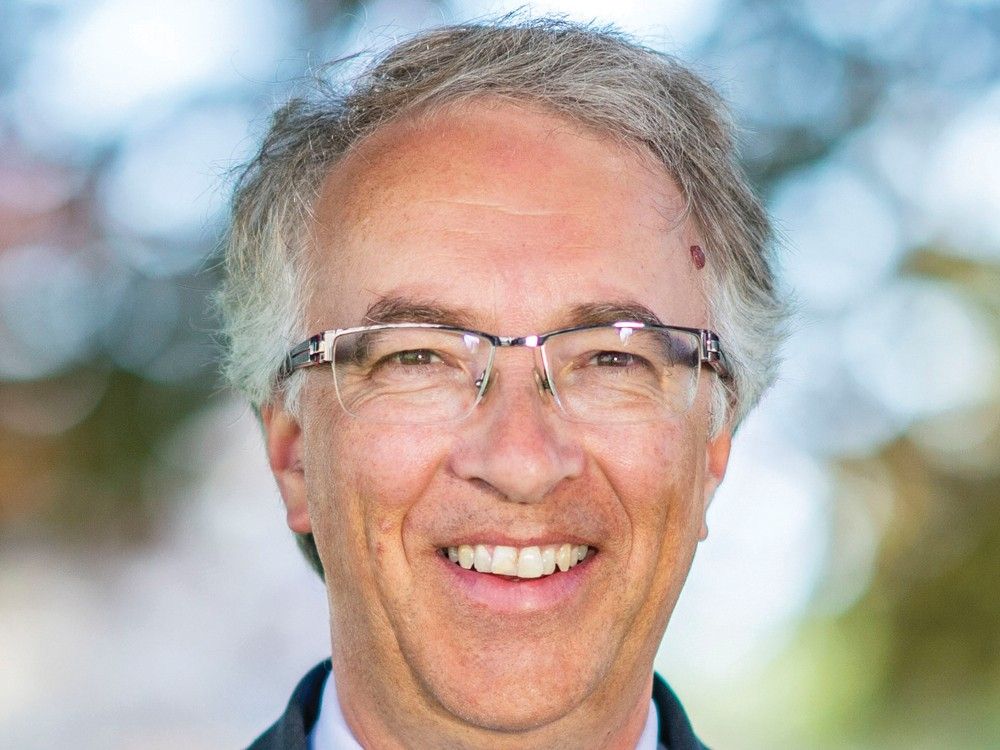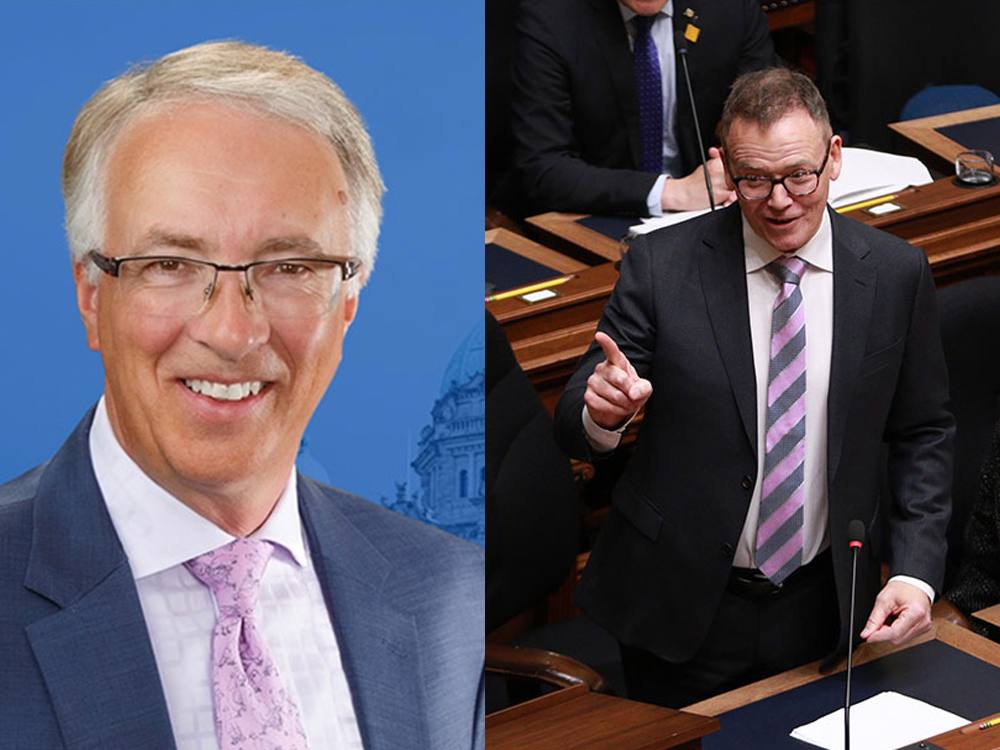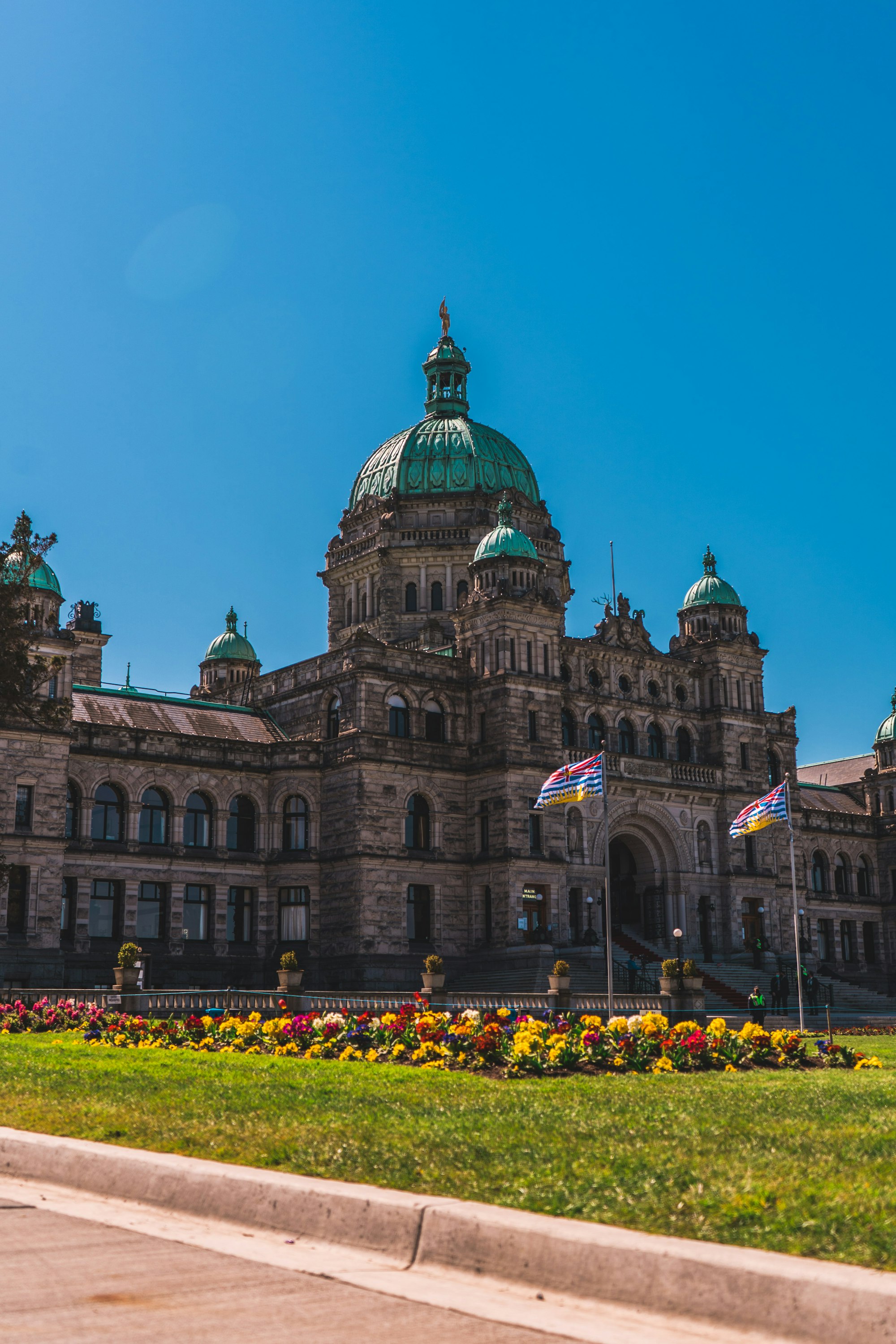RangerRay
Army.ca Veteran
- Reaction score
- 3,886
- Points
- 1,260
I thought I would start a new thread on the upcoming political election in British Columbia coming up this fall. I have no dog in this fight, but having grown up and spent a considerable amount of my life in the political soup of the province, I find it infinitesimally more interesting than the politics of my adopted current home.
Currently, the NDP are well ahead of the BC Conservatives and opposition BC United (former BC Liberals). For a number of reasons, this is extremely fascinating.
As a primer, since the 1940's, the Liberals and Conservatives have formed a "free enterprise coalition" against the CCF/NDP "socialist horde". This stared as an actual Liberal-Conservative coalition. This lasted until 1952 when failed BCPC leadership candidate WAC Bennett became the leader of the BC Social Credit Party became premier. He and the Socreds led the province as a de facto Liberal-Conservative coalition until 1972. At that point, the Socreds became unpopular and the BC Liberals took a lot of votes from them, allowing Dave Barrett and the NDP to form government. It is important to note that in most elections in British Columbia, the NDP consistently get around + or - 40% of the vote.
By 1975, WAC's son Bill re-established the free enterprise coalition under the Socred banner and became premier until 1986, when he became unpopular during his "restraint" program of cutting government spending. Bill Vander Zalm became premier and defeated the NDP in the following election.
Soon into Vander Zalm's tenure, his social conservatism caused division within the Socred caucus and party as a whole. He left office in 1991 due to a conflict of interest scandal. The Socreds lost the subsequent election and the almost non-existent BC Liberal Party became official opposition. During the 1990's, the coalition was extremely fractured. The NDP maintained government throughout the 90's despite scandal bringing down Mike Harcourt in 1996.
In 2001, the free-enterprise coalition re-formed under the BC Liberal banner with Gordon Campbell as leader. Until now, the NDP still maintained their ~40% vote. But for whatever reason, many NDP voters stayed home in 2001 or thought Campbell was a progressive, and the NDP was reduced to two seats. By the next election in 2005, NDP regained their ~40% vote share.
The BC Liberals maintained their coalition until 2017 when the NDP formed government with the Greens. The BC Liberals didn't fracture, but they did become tired with the stench of croney capitalism. In 2020, they formed an outright majority government with almost 48% of the vote, which was unheard of. From what I can tell, the BC Liberal leader was not popular and did not connect with voters. For most voters, the NDP under John Horgan did not come across as doctrinaire socialist as their predecessors.
Since then, the BC Liberals chose former cabinet minister Kevin Falcon as their leader. Falcon comes from the "Socred Wing" of the party (Christy Clark came from the "Liberal Wing"). One of his signature moves was to rename the BC Liberals "BC United". He came from the part of the coalition that felt the name "Liberal" was toxic for many free-enterprise voters, and was hoping a rename would help party fortunes.
Fast forward to now and a formerly moribund "BC Conservative Party" has fired up in the polls. Former BC Liberal MLA John Rustad is the leader after getting punted from the BC Liberal caucus for suggesting carbon emissions were not contributing to climate change. Since then, Rustad has staked out positions to the right of BC United. This is ironic since Falcon came from the "right wing" of the BC Liberal coalition and changed the party's name to appeal to right-leaning voters. Recent polling has shown the BC Conservatives to be slightly ahead of BC United, both well behind the NDP at their traditional 40%. On popular theory suggests that BC United has done a terrible job informing the public that BC United = BC Liberal so when people respond to polls on whether they would vote for BC United or the BC Conservatives, people don't know who United is and see BC Conservatives = free-enterprise coalition = BC Liberal. Not living there anymore, I can't get a feeling if this is accurate or not. BC United, when they were the BC Liberals under Gordon Campbell, did introduce the carbon tax. The BC NDP were against it, calling it "regressive". That is probably also hurting BC United now.
Given how this stands now, polling shows the NDP will win a massive majority government in the fall election. 338 shows the NDP will win 81 seats, BC Conservatives 6, and BC United 4. The real battle will be to see who forms the opposition.
Anyways, I found these recent developments fascinating and was hoping to start a discussion on this. I have no dog in this fight anymore but find it interesting nontheless.
Currently, the NDP are well ahead of the BC Conservatives and opposition BC United (former BC Liberals). For a number of reasons, this is extremely fascinating.
As a primer, since the 1940's, the Liberals and Conservatives have formed a "free enterprise coalition" against the CCF/NDP "socialist horde". This stared as an actual Liberal-Conservative coalition. This lasted until 1952 when failed BCPC leadership candidate WAC Bennett became the leader of the BC Social Credit Party became premier. He and the Socreds led the province as a de facto Liberal-Conservative coalition until 1972. At that point, the Socreds became unpopular and the BC Liberals took a lot of votes from them, allowing Dave Barrett and the NDP to form government. It is important to note that in most elections in British Columbia, the NDP consistently get around + or - 40% of the vote.
By 1975, WAC's son Bill re-established the free enterprise coalition under the Socred banner and became premier until 1986, when he became unpopular during his "restraint" program of cutting government spending. Bill Vander Zalm became premier and defeated the NDP in the following election.
Soon into Vander Zalm's tenure, his social conservatism caused division within the Socred caucus and party as a whole. He left office in 1991 due to a conflict of interest scandal. The Socreds lost the subsequent election and the almost non-existent BC Liberal Party became official opposition. During the 1990's, the coalition was extremely fractured. The NDP maintained government throughout the 90's despite scandal bringing down Mike Harcourt in 1996.
In 2001, the free-enterprise coalition re-formed under the BC Liberal banner with Gordon Campbell as leader. Until now, the NDP still maintained their ~40% vote. But for whatever reason, many NDP voters stayed home in 2001 or thought Campbell was a progressive, and the NDP was reduced to two seats. By the next election in 2005, NDP regained their ~40% vote share.
The BC Liberals maintained their coalition until 2017 when the NDP formed government with the Greens. The BC Liberals didn't fracture, but they did become tired with the stench of croney capitalism. In 2020, they formed an outright majority government with almost 48% of the vote, which was unheard of. From what I can tell, the BC Liberal leader was not popular and did not connect with voters. For most voters, the NDP under John Horgan did not come across as doctrinaire socialist as their predecessors.
Since then, the BC Liberals chose former cabinet minister Kevin Falcon as their leader. Falcon comes from the "Socred Wing" of the party (Christy Clark came from the "Liberal Wing"). One of his signature moves was to rename the BC Liberals "BC United". He came from the part of the coalition that felt the name "Liberal" was toxic for many free-enterprise voters, and was hoping a rename would help party fortunes.
Fast forward to now and a formerly moribund "BC Conservative Party" has fired up in the polls. Former BC Liberal MLA John Rustad is the leader after getting punted from the BC Liberal caucus for suggesting carbon emissions were not contributing to climate change. Since then, Rustad has staked out positions to the right of BC United. This is ironic since Falcon came from the "right wing" of the BC Liberal coalition and changed the party's name to appeal to right-leaning voters. Recent polling has shown the BC Conservatives to be slightly ahead of BC United, both well behind the NDP at their traditional 40%. On popular theory suggests that BC United has done a terrible job informing the public that BC United = BC Liberal so when people respond to polls on whether they would vote for BC United or the BC Conservatives, people don't know who United is and see BC Conservatives = free-enterprise coalition = BC Liberal. Not living there anymore, I can't get a feeling if this is accurate or not. BC United, when they were the BC Liberals under Gordon Campbell, did introduce the carbon tax. The BC NDP were against it, calling it "regressive". That is probably also hurting BC United now.
Given how this stands now, polling shows the NDP will win a massive majority government in the fall election. 338 shows the NDP will win 81 seats, BC Conservatives 6, and BC United 4. The real battle will be to see who forms the opposition.
Anyways, I found these recent developments fascinating and was hoping to start a discussion on this. I have no dog in this fight anymore but find it interesting nontheless.




